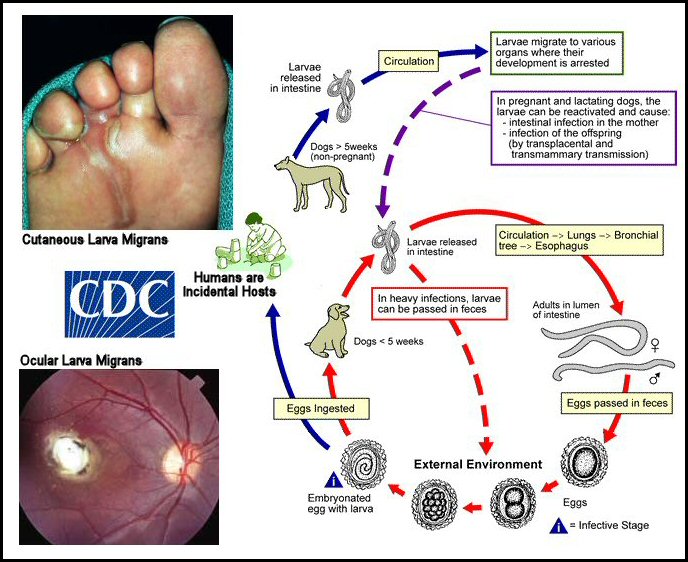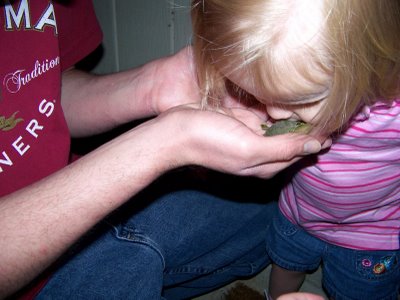Several headmasters from the Haute-Garonne and Tarn primary schools in France simultaneously informed the health authorities of the occurrence of digestive disorders of low severity among students.
 A retrospective cohort study, conducted through self-administered questionnaires among approximately 3,000 students and teachers who had participated in two meals in 36 schools concerned, was initiated to confirm the existence of a foodborne outbreak and its origin. …
A retrospective cohort study, conducted through self-administered questionnaires among approximately 3,000 students and teachers who had participated in two meals in 36 schools concerned, was initiated to confirm the existence of a foodborne outbreak and its origin. …
This large-scale foodborne outbreak illustrates the main factors that encourage the occurrence of foodborne outbreaks (multiple malfunctions in the preparation of meals), and stresses the importance of associating the epidemiological, veterinary and microbiological investigations in the early management of the alert, as well as the first management measures (eviction of sick personal) to avoid major consequences in collective catering.
Meanwhile in Missouri, two Lee’s Summit kindergarten students have been hospitalized with salmonella.
The kids, a boy and a girl, have been enrolled in Richardson Kids Country during the school year. The Health Department has not determined if their illness is related to the school.

.jpg) Detectives obtained surveillance video and saw the employee, Dale, pouring the Ajax into the malt dispenser, documents said.
Detectives obtained surveillance video and saw the employee, Dale, pouring the Ajax into the malt dispenser, documents said. Dr. David Butler-Jones, Canada’s Chief Public Health Officer, today launched an educational program designed to help students learn about food borne illnesses, how they’re caused and how to prevent the risk of infection.
Dr. David Butler-Jones, Canada’s Chief Public Health Officer, today launched an educational program designed to help students learn about food borne illnesses, how they’re caused and how to prevent the risk of infection. The Colorado Department of Public Health and Environment said in a news release,
The Colorado Department of Public Health and Environment said in a news release, 
 people should eat dirt in order to stimulate their immune system. Brody says that immune system disorders such as asthma and allergies have risen significantly in the United States.
people should eat dirt in order to stimulate their immune system. Brody says that immune system disorders such as asthma and allergies have risen significantly in the United States. 


.jpg) A multi-state salmonella outbreak among people handling turtles, that includes California and Los Angeles County, was announced Tuesday by officials at the County of Los Angeles Department of Public Health Veterinary Public Health.
A multi-state salmonella outbreak among people handling turtles, that includes California and Los Angeles County, was announced Tuesday by officials at the County of Los Angeles Department of Public Health Veterinary Public Health..jpg)
